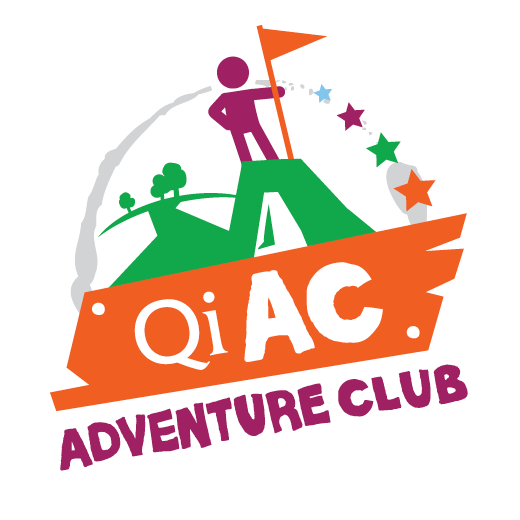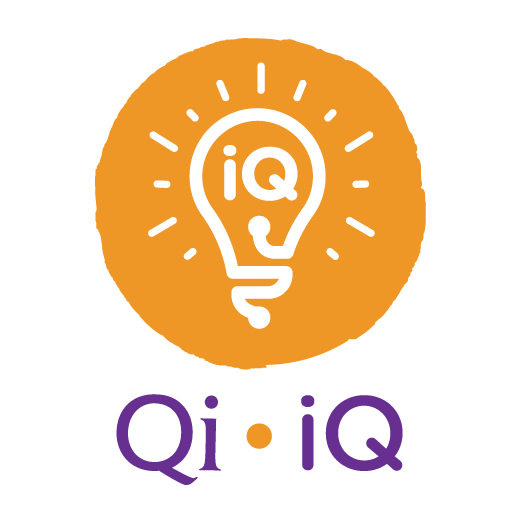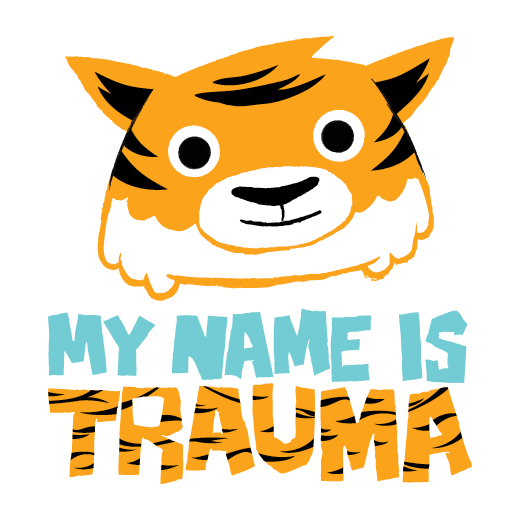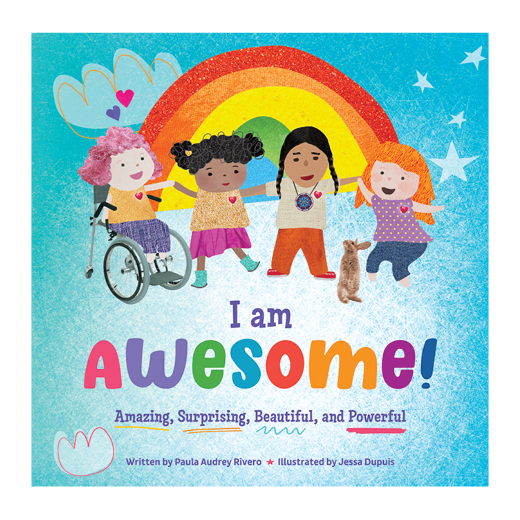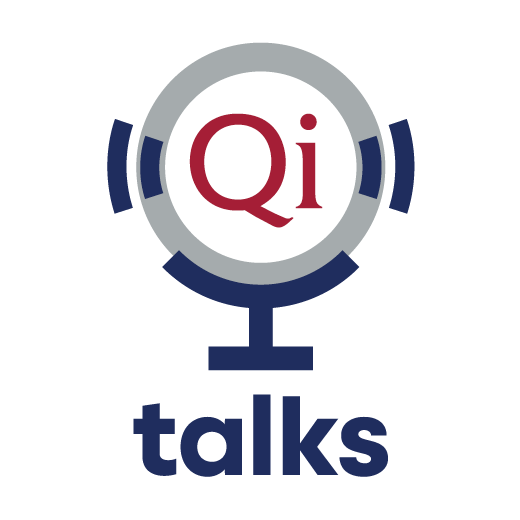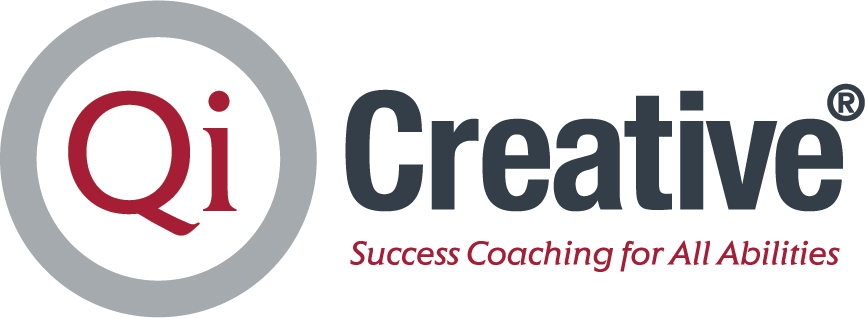What is Triple P? All About The Positive Parenting Program
Image description: A young girl is held by a man in an open grass field. By Caroline Hernandez / Unsplash
Are you new to Triple P, or taking a ‘parenting class’? Looking for Triple P in Alberta? Then we’re here to elaborate!
Triple P (Positive Parenting Program) is a parenting program that aims to help parents promote positive child development and reduce behavior problems in children. It is a comprehensive, evidence-based program that has been developed over more than 30 years of research in over 30 countries.
Triple P is based on the idea that parenting practices have a significant impact on children's behavior and development, and that small changes in parenting can lead to large improvements in children's behavior and well-being.
The program provides parents with strategies and skills to manage their children's behavior, and to create a positive and nurturing environment for their children to grow and learn.
Different Levels of Triple P
There are different levels of Triple P, based on parent needs and concerns.
Triple P is not a ‘journey’ to achieve multiple levels and move from one to the next; some parents may need to read a few tipsheets (Level 1) and be on their way. Other parents may need more intensive supports in a group or individually (Levels 3, 4 and 5).
Level 1: Tipsheets and Pamphlets
Image description: A person is sitting on a corner, holding a pamphlet. By Robert Koorenny / Unsplash
Level 1 consists of general positive parenting information and strategies.
Not a course or intervention, Level 1 includes newspapers, tipsheets, brochures and posters about parenting that you may have seen at a nursery, care provider’s office, or perusing information online on your phone or PC.
You can read a poster or pick up a brochure to review at home on your own time, without talking to anyone.
The positive parenting suggestions in Level 1 are meant to be universal and generalizable to all families. Rather than specific suggestions for things like bedtime or aggression, Level 1 aims to encourage those who may not have taken any parenting skills classes before to give it a try—with no stigma and no strings.
Level 2: Short term consultations
Image description: A person taps their pointer finger on a mobile phone screen. By NordWood Themes / Unsplash
Level 2 is considered ‘light touch’ intervention, with short consultations and check-ins.
Level 2 Triple P can be as short as a single 15-30 minute consultation to discuss a specific issue, followed by a check-in later on if needed.
Level 2 also includes various Triple P Seminar Series that introduce strategies of positive parenting—with additional tip sheets to take home.
Level 2 can be individualized, but it is meant to be brief, one-time assistance.
Level 3: Targeted, multiple interventions
Image description: Three people sit in chairs in an office lounge. TienDat Nguyen / Unsplash
Level 3 begins Triple P’s targeted interventions and counseling for children with behavioral difficulties that are mild to moderate.
Level 3 is open for parents raising children from birth to age 12, and parents raising teens.
With Level 3 Triple P, you can expect multiple interventions (for example, multiple face-to-face, or telephone consultations), with tip sheets and a booklet to keep track of strategies when applying them to your family.
Level 3 can also be delivered in small group sessions up to 2 hours in length, each session targeting a specific problem behavior.
Level 4: Severe behavioral difficulties
Image description: A woman sits at a desk with a laptop in front, biting down on a pencil. Jeshoots / Unsplash
For parents raising children with severe behavioral difficulties, or parents who want to dive deep into what Triple P has to offer, Level 4 may be a fit for you.
Level 4 covers 17 core skills of positive parenting, which can be adaptive to a wide range of parenting strategies and solutions.
Level 4 Triple P can be delivered in groups (up to 12 max) over 5 sessions in the community or online, with phone counseling/catch-up sessions while you’re at home.
For individual counseling, families can be visited for multiple sessions (over 10).
If you take 10 sessions of Level 4 once a week, you can see that Level 4 is both intensive and meant for a longer commitment of both Triple P facilitators and families.
Level 4 includes videos and workbooks to engage parents in learning, tracking, and monitoring how strategies are working with your family.
You can also take Level 4 Triple P at home through Triple P Online, or through a self-guided workbook you complete on your own time.
Level 5: Severe difficulties in complex family circumstances
Image description: A man and woman argue and point fingers at each other. Afif Kusuma / Unsplash
Level 5 is intensive support for families living in complex circumstances and situations.
Because of its serious nature, many families generally complete Level 4 before moving to Level 5, however you can still be referred to Level 5 directly.
Level 5 takes into account complex family issues such as parental mental health, partner conflict, or other pressures that lead to stress across the whole family.
Notably, Level 5 can also work for families at risk of child endangerment, with behavior strategies for parents regarding anger management and coping as a parent.
Diversity of Triple P Programs
Image description: A sample of Practitioner Kits for Triple P facilitators: Workbooks and DVDs. A series of books and DVDs are displayed on a countertop.
Triple P is available in many delivery options:
Posters and pamphlets
Fully online courses
Self-guided workbooks and tip sheets
Seminars
Group sessions
Individual sessions
In-person consultation
Phone or video consultation
Whether you’re working from home, lead a busy life on the go, or don’t have reliable internet access in your community, a Triple P practitioner will help you find the best way to make Triple P fit your life.
Triple P also has specialist programs:
Stepping Stones Triple P: For children with disabilities. Available in seminars, Primary Care, Group, and Standard, Stepping Stones is for children with intellectual and physical disabilities.
Family Transitions: For parents who may be undergoing or have completed a separation or divorce, and this process or outcome is complicating their parenting arrangement.
Lifestyle Triple P: For overweight children ages 5 - 10. Available in multiple levels of intervention.
Indigenous Triple P: For tailoring Triple P programs to suit Indigenous families and Indigenous family context and cultural practice. Created in consultation with Indigenous communities in Australia, Indigenous Triple P has been used among both Australian and Canadian Indigenous families.
Research & Evidence of Triple P
Image description: A young boy looks ahead with an open book in his hands and wide-mouthed expression. By Ben White / Unsplash
The full Triple P evidence base of studies can be found in this database managed by the University of Queensland, with over 700 articles.
For key research findings, click here. Triple P’s research findings include:
Reducing problem behavior and emotional dysregulation in children
Improving parental well-being and parenting skills
Slowing rates of child abuse, reducing foster care placements and decreasing hospitalization rates for child abuse injury
Decreased parental stress, decreased depression, and curtailing/discontinuing harsh discipline
Feeling more satisfied as parents
Improving relationships between parents
Successful outcomes internationally (with Iranian, Chinese, Swiss, Japanese, and Indigenous families)
What’s In It For You
Image description: A man and a girl wash hands together in a kitchen. CDC / Unsplash
By now, you should see that Triple P is not a one-size-fits-all approach.
For children and parents, Triple P practitioners will do their best to find a good fit for working with you, but it doesn’t mean Triple P will be easy or painless.
Like any intervention, it will take time, energy, and in some higher Levels, homework on your end to track and monitor change.
You might get a workbook or worksheets - it’s up to you to fill them out and participate.
Self-regulation is one of the main tenets of Triple P - as you go through Triple P, you will be encouraged to set your own goals, and choose strategies you’d like to try with your family.
You may have access to one-on-one consultation depending on the Level, but as you learn Triple P strategies, you will be your own problem-solver.
Because you can start with a Level that fits you, Triple P can be more cost-effective than diving into a higher Level of intervention that you may not have the time commitments to do. Your circumstances may be serious, but make sure you can commit to attending sessions and completing homework, or start off with Level 1 or Level 2 instead.
Triple P is not just about reducing or stopping problem behavior - over time, Triple P encourages happy, confident kids through positive parenting.
Triple P is for the whole family - you may find yourself integrating rules and routines that the whole family respects and follows.
Triple P is also about taking care of yourself as a parent - you may also be asked to reflect and work on opportunities and activities for you to embark on to refill your batteries.
Triple P is Positive parenting - not all strategies will be ‘easy’ to implement with your kids, but we’ll be right there to help you feel confident you’re doing the right thing for your family.
Qi Creative and Triple P
Qi Creative offers various levels of Triple P in Alberta for children and teens, both in Standard and Stepping Stones specialties, for in-person, group (availability dependent), and telepractice formats. You do not have to reside in Edmonton or Calgary to receive Triple P—we can come to you, or consult online or by phone.
We also have practitioners who can offer Enhanced and Pathways Triple P for parents whose family circumstances (eg. Divorce, Trauma, Addictions) are making parenting difficult for parents and children alike.
You do not have to be referred to get started with us—fill out an Intake Form (the Rainbow Button on the side of this page) and we’ll be in touch!
We hope this was a useful explainer in expanding on what Triple P includes, and how it can help you. With this knowledge in mind, whether you’re exploring Triple P in Alberta with us or another agency, be sure you can advocate for the type and Level that you think would fit you best.
Thanks for reading, and best wishes to your positive parenting ahead!
More resources:
Triple P COVID-19 Special Edition Magazine: Tips for Parenting During COVID-19
Tantrums and Meltdowns: Triple P Tipsheet
Bedtime Routines: Triple P Tipsheet
My Child Doesn’t Listen: Triple P Tipsheet
Teenage Disrespect and Rudeness: Triple P Tipsheet
